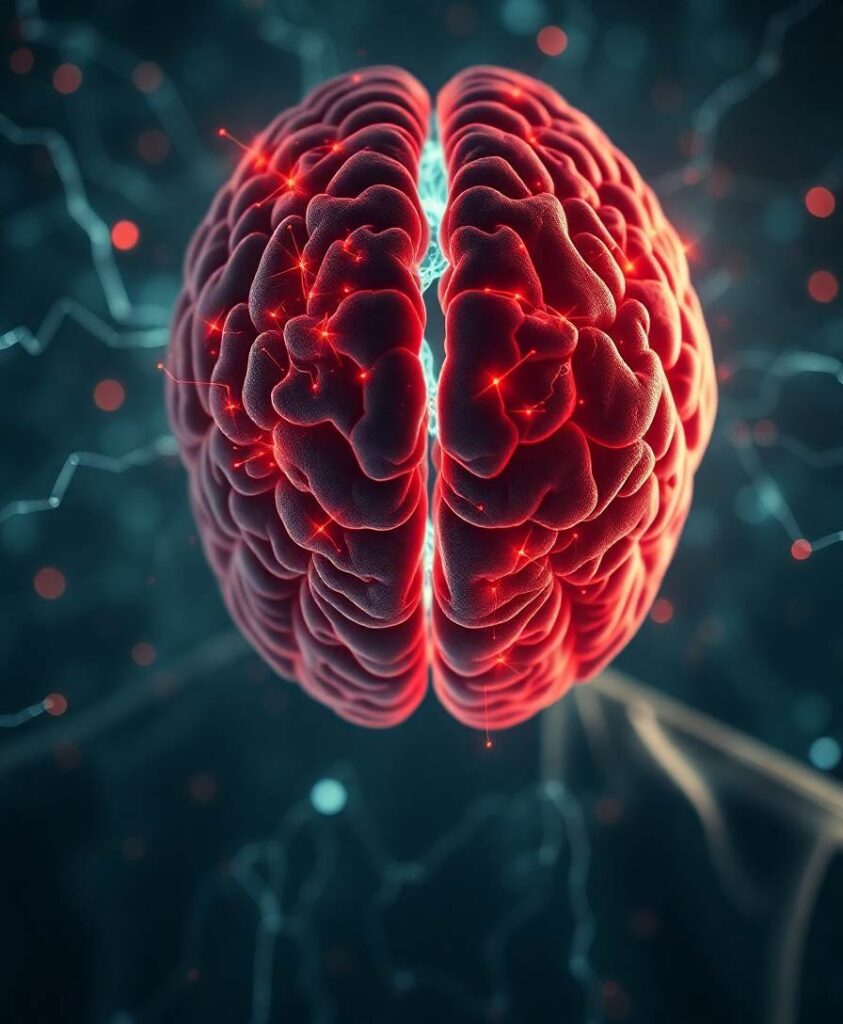Vascular health in the brain is a critical, often overlooked piece of cognitive resilience. When the blood-brain barrier and small vessels lose integrity, waste clearance stalls and inflammation can follow. Restoring those pathways could change the course of multiple neurodegenerative conditions. The study provides a window into mechanisms that support brain repair and shows that targeting clearance processes could be a powerful strategy alongside traditional drug development.

For anyone tracking human potential, the most exciting part is the broader implication: designing interventions that enable the body’s own maintenance systems to work better. That approach could enhance inclusivity in future therapies by focusing on common repair pathways across different patient groups. Follow the full article to learn how these findings connect to long-term brain health, the hurdles ahead for clinical translation, and what this might mean for sustaining cognition through midlife and beyond.
Researchers used supramolecular nanoparticles to repair the brain’s vascular system and reverse Alzheimer’s in mice. Instead of carrying drugs, the nanoparticles themselves triggered natural clearance of amyloid-β proteins. This restored blood-brain barrier function and reversed memory loss. The results point to a revolutionary new path for treating neurodegenerative diseases.


